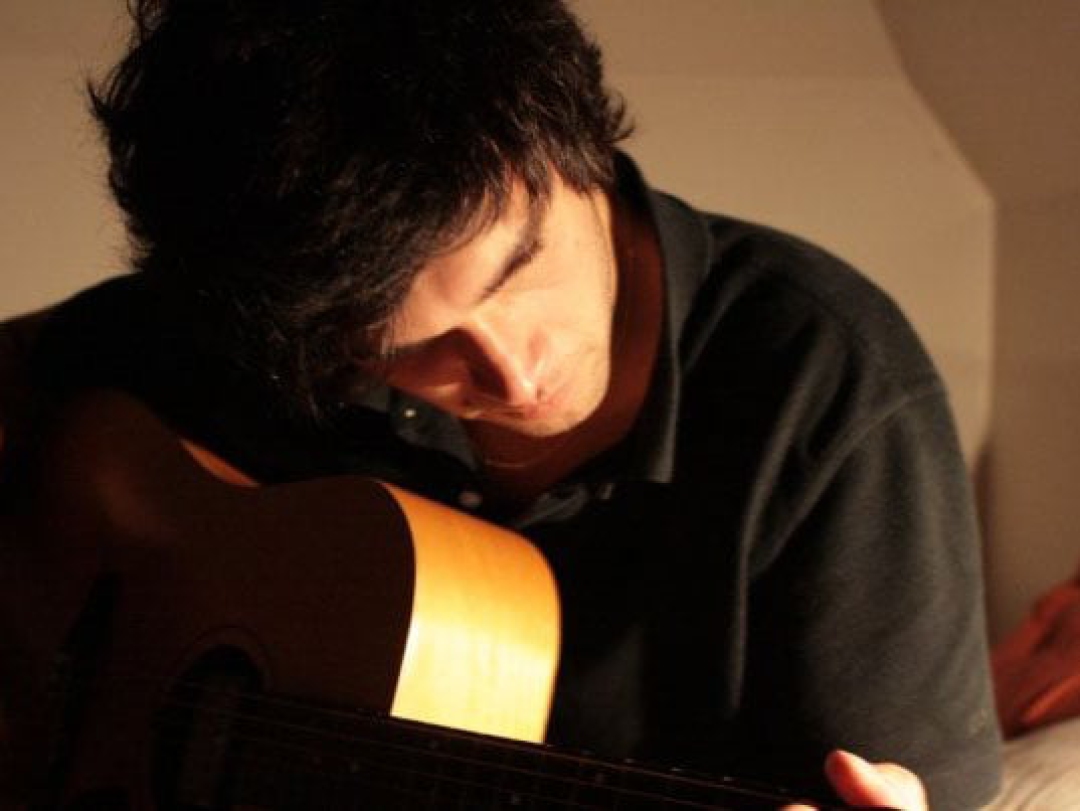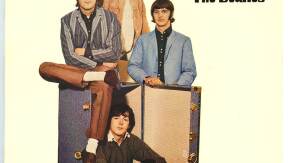So you've made your choice and set your sights on learning to play the instrument of your dreams (read more: how to choose an instrument).
You're about to embark on a long-term engagement and a serious relationship; one that is sure to live happily ever after with blistered fingers, conquered compositions and happy concerts to last a lifetime... But, relationships must be built on solid foundations, slowly and carefully progressing in order to settle into the long term and not to risk that one of the two (most often the instrument) does not end pitifully in the corner or at a secondhand shop. Here are some tips for keeping the passion alive as a beginner musician.
A dedicated place
If your home allows it, arrange a space dedicated entirely to practicing your instrument; a quiet place, conducive to concentration, where you will not be disturbed... and where you will not disturb others. Avoid the living room for example, as it is often the place of passage, and thus, distractions.
On hand
Make your instrument accessible (properly covered of course and protected from falls) as laziness might get the best of you if, let’s say, you are a drummer and put your drum kit away after every one hour practice. As much as possible, keep your instrument on hand for the spur of the moment jam sessions and the convenience of reaching for it.
Regularity is the mother of progress
Carried away by passion, you will probably be tempted to devote several passionate hours with your instrument in one fell swoop. But what often follows is you putting it aside for a few days (or even a few weeks, gasp!) until the next burst of inspiration. Better to force yourself to follow a more regular rhythm, ideally one that is daily, even if it is only 15 minutes. The enemy of learning is forgetfulness: what you learn when you first pick up an instrument will only become automatic by repetition. It is better to dedicate half an hour on a regular basis t than three hours all at once, as more than likely a long session will be devoted to what you have already learned in your last long session, and not include mastery of new concepts.
Slave to the rhythm
Even if you want to learn an instrument on your own, you cannot do so without rhythm control. Leaving the rhythm to the bassist and the drummer is a major mistake. Invest in a metronome, traditional, electronic or even use an app, you will soon appreciate its usefulness. Tempo, accentuation of certain times, placement, silence management are all part of the DNA of the compositions you are learning, just like the other two pillars of music: melody and harmony (chords). Change just one of its sliders and you get a completely different song.
When you are comfortable with different rhythms, try making a game out of it: invent a reggae metal track, a reggae title on a waltz, etc. Obviously, we are not all equal in the face of rhythm. For any musician wanting to conquer this, it can be complicated but try imagery to help. For example, you can think of a measure as a box in which you place only four cubes maximum and that must remain full. Suddenly, measures in 3/4 and 4/4 will appear less difficult and exhaustive, for example.
Pay attention to how it sounds
Music isn’t forgiving, it does not adapt to the “sounds pretty close!" If a note or a chord does not sound right, the polluting noise is likely due to something that you are not doing properly. A fatal error would be to put the problem aside, thinking that you will conquer the issue in time. If you, the drummer, for example, touches the circle when you should be hitting the middle of the drum, or you, as the bassist or guitarist, place your finger right on a fret, you must immediately try to correct these errors of finger placement or risk them becoming automatisms. The mistake would be to think "correct playing" happens only after a chain of learning. It's quite the opposite.
Do you spare parentheses
Don’t worry too much about a strict schedule of theory and practice sessions, your willingness to follow them, despite your resolutions, could melt faster than a snowman in 100° heat. Alternate with recreational sessions, learning to play songs that are well known and simple to execute. These intermediate practice sessions will allow you time to blow off steam and not lose sight of the primary objective which is the pleasure of playing, showing your entourage your progress (it is always more rewarding to know how to play a Beatles song than a chromatic scale), and most importantly, evaluating the immediate effect of your learning with well known songs. If you're a guitarist, for example, and you're going to master the bars, you can evaluate immediately a good performance on a track that is well known and can be recognized quickly, take for example Nirvana's "Smells Like Teen Spirit." If it does not sound at all like the original version, it’s time to evaluate why.
A virtual music bank
Listen to as much music as possible, preferably songs that make use of your instrument in a variety of contexts (as accompaniment, as soloist, etc.). Your brain will store information that is not necessarily obvious to you on the spot, but that will constitute a real musical bank in which you will unconsciously draw sequences, chords, harmonic combinations, etc.



